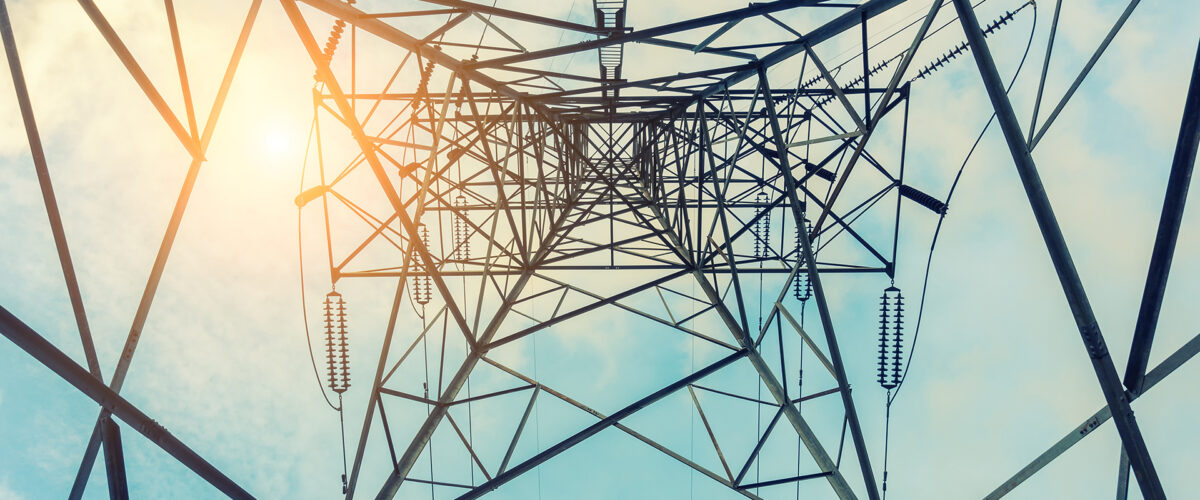Artikel | 7 juli 2022
Recent developments in energy taxation in Sweden

Basics of energy taxation in Sweden
Sweden applies excise duties on electricity and fuel that is consumed in Sweden and the excise duty provisions are derived from the directives and regulations that have been adopted on EU level.
According to the Swedish excise duty regulations, the excise duties are charged on the consumption of the electricity and fuel which entails that the excise duty applies to both companies and private consumers alike and targets the actual consumption. For the sake of this article, we will only be focusing on the excise duty regulations related electricity although, similar regulations apply in terms of the energy taxation regarding fuel.
Generally, the liability to charge and to report excise duty on electricity arises for either of the following operators:
- A producer of electricity,
- A grid operator,
- An operatory who voluntary chooses to be tax liable,
Once the liability has occurred the excise duty is charged on the electricity when it is supplied to a customer that is not themselves liable for the tax, this can either be another company or a private consumer, or when it is consumed by the operator in their own business operations.
As a derogation from this main principle, there are certain business areas that are considered as heavy consumers of electricity in such a distinguishable manner that motivates a tax relief to the operators within these business areas. Therefore, Sweden has adopted specific tax relief regulations for electricity that is consumed within certain business areas. Among the notable areas are:
- Industrial manufacturing,
- Computer/server halls.
The tax relief is obtained through the excise duty return in which a deduction or a reclaim of the electricity consumed is reported assuming that that the company is entitled to make the deduction/reclaim of the excise duty according to the applicable provisions.
Tax relief for electricity produced from renewable energy sources
As of 1 July 2021, Sweden adopted new regulations allowing for a tax relief in relation to electricity that is produced via renewable energy sources, such as wind, sun, or water, etc. Even electricity produced from biofuel will also be subject to the tax relief.
Certain requirements apply for this tax relief to be applicable and the relief currently targets microproducers of electricity who produce electricity for their own use in facilities with a limited peak effect. However, given the current developments in the energy sector it is very likely that we will see an extension of this relief to larger producers as well in order to stimulate a transition into renewable energy for larger businesses.
New landmark ruling on energy tax reliefs for industrial manufacturing
The Board of Advanced Tax Rulings in Sweden (Sw. Skatterättsnämnden) delivered a ruling earlier this year in a case concerning electricity that has been consumed in a business which only partly constituted industrial manufacturing. The company in question purchased and sold cereals, but their business also required certain production which could fall into the definition of industrial manufacturing within the meaning of the energy tax regulations. The question to be assessed by the Board was whether it was a requirement that the business activity of the company had to constitute industrial manufacturing as the main activity to qualify for the tax relief.
The Swedish Tax Agency was of the opinion that only a company whose business activity is mainly considered to be industrial manufacturing can benefit from the tax relief. In order for this requirement to be fulfilled, at least 75 percent of the turnover generated from the business operations in the company has to be generated from industrial manufacturing. Thus, only under these circumstances would a company be able to benefit from the tax relief according to the Swedish Tax Agency. Over the years there have been several companies that have been denied this tax relief due to the 75 percent criteria that has been applied by the Swedish Tax Agency even though the business activity fits the definition of industrial manufacturing. This interpretation of the regulations by the Swedish Tax Agency has therefore prompted businesses to put their industrial manufacturing in separate companies to be sure to benefit from the tax relief.
The ruling from the Board of Advanced Tax Rulings is a landmark case in this regard as it confirmed that the energy tax regulations do not stipulate any requirements that industrial manufacturing has to be a company’s’ main business activity to be able to benefit from the tax relief. The tax relief for the electricity consumed in the industrial manufacturing process applies regardless of the extent of this activity contrary to what has been applied previously by the Swedish Tax Agency.
The case has currently been appealed to the Supreme Administrative Court, but hopefully we will see the Supreme Administrative Court deliver a ruling in line with the ruling of the Bord of Advanced Tax rulings. Should that be the case, we estimate that many businesses who were previously denied the energy tax relief due to the previous application will be able to reassess the excise duties paid on the electricity that has been consumed in similar setups. The tax paid in these cases usually amount to large sums since the electricity consumption is large. Therefore, we expect that a successful reassessment could result in quite significant refunds of duties paid for the companies this affects.
New ruling related to mining of crypto currencies
In another notable ruling, The Board of Advanced Tax Rulings also delivered a ruling related to tax relief for electricity consumed in a computer hall. The Board ruled that a computer hall specifically designed to host servers for the sole purpose of mining crypto currency would fall within the definition of a computer hall in the application of the energy tax provisions.
As a result, companies operating server halls designed for mining of crypto currencies will therefore be able to benefit from the tax relief on all the electricity that is consumed within these server halls which will allow for a significant reduction in costs for the operation of the server hall. Therefore, the excise duty regulations on electricity in Sweden would prove to be quite beneficial for the establishment of computer halls as the definition of what activities that can be performed within these facilities which would be subject to the tax relief seems to be interpreted in a wider sense considering the recent developments.
Sweden has historically been viewed as a favourable place for companies across many industries to establish computer/server halls due to its climate, area and the excise duty rules have been aligned with these circumstances. The outcome of this ruling further extends the scope of the tax relief and cements the favourable treatment of the server halls from an excise duty perspective which will allow for more operators to be able to qualify for the tax relief.
What is next?
The developments in the energy sector over the recent years, both in Sweden and internationally, has put the energy tax regulations into new light as a measure to mitigate the increase of costs in the sector and for changes to be made in order to facilitate the transition to renewable energy for businesses. We are yet to see any specific measures from the legislator in order to accommodate these wishes, however, seeing as the costs continue to increase and the demand for renewable energy remains high, we do not expect that any amendments to the excise duty regulations will be that far ahead.


